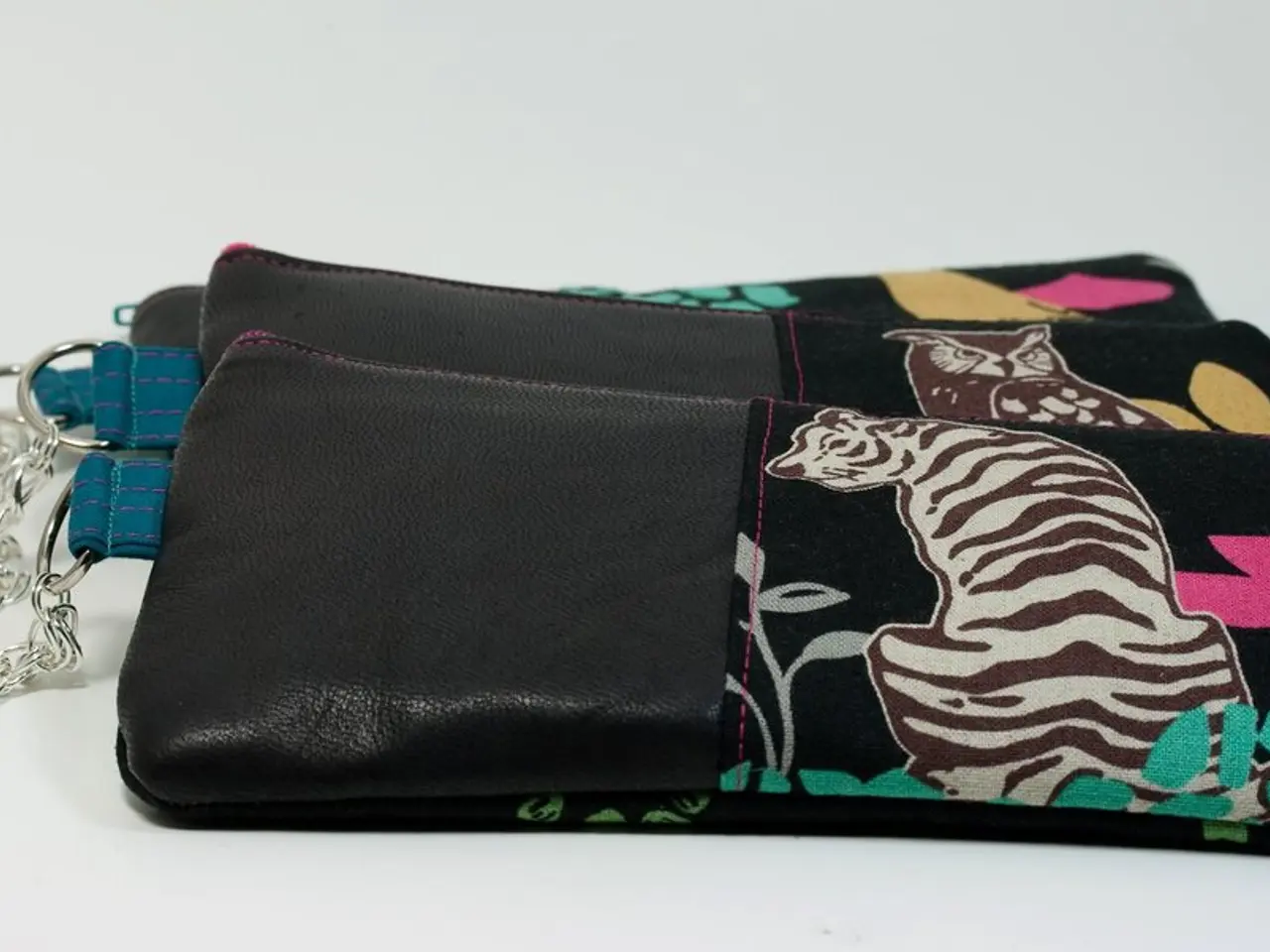Duties and Autonomous Tariff Quotas Demystified
Suspended Customs Duties and Self-Governing Tariff Allocations in Britain's Trade Arena
Let's cut the crap and get straight to it! Duty suspensions are all about helping UK and Crown Dependency (Guernsey, Isle of Man, and Jersey) businesses outdo their competition in the global marketplace. How? By temporarily waiving import duties on certain goods typically used in domestic production.
Don't confuse duty suspensions with other duties, like trade remedies, such as anti-dumping duty. These suspensions rock 'n' roll with no limits on quantities imported into the UK, allowing you to slash your tariff bill.
Autonomous Tariff Quotas (ATQs) are like duty suspensions' more reserved sibling. ATQs cap the quantity of certain goods that can be imported at reduced rates.
Both duty suspensions and ATQs are a go for any UK or Crown Dependency importer while in effect, functioning on a Most Favoured Nation (MFN) basis. This means you can bring those goods in from any country or territory at the specified reduced tariff rate.
When you've got multiple tariff concessions, you'll want to ensure your goods enter the UK at the most advantageous rate.
If you're shipping goods subject to a duty suspension or ATQ to Northern Ireland, you'll need to heed guidance on declaring them as "not at risk" of moving to the EU.
Current Duty Suspensions and Quotas
Want to know what's currently on the suspension and ATQ list? Use the Trade Tariff lookup tool to find out! UK government updates carried over existing tariff suspensions from the previous regime, provided they came into force before or as part of the July 2020 update to ensure continuity for UK businesses.
All duty suspensions that rolled over from the old regime, including those that changed to duty suspensions, are extended until December 31, 2028.
Are you dying to apply for a new duty suspension? Stay tuned for future opportunities. If you can't stand the wait, subscribe to get email alerts for this page!
2024 and Previous Duty Suspension Windows
May 2024 saw stakeholders submit applications for new suspensions, with 96 applications in total covering over 170 products. The suspensions to be implemented are listed in the "List of tariff suspensions resulting from the 2024 application window" (ODT, 44 KB). They're set to take effect on April 27, 2025, and will be in place until June 30, 2027, with a review for possible extension occurring before that date.
If you applied for a new duty suspension in 2024, you'll be contacted directly with the outcome of your application.
When assessing applications for new suspensions in 2024, the government looked at:
- International agreements to which the UK is a party
- impacts on consumers, producers in the UK, promoting external trade, productivity, product competition, and other government policies
- the risk of tariff reclassification
The 2023 and 2021 duty suspension windows had similar application processes with varying outcomes.
Coronavirus (COVID-19) Critical Products
On January 1, 2021, the UK implemented tariff suspensions on a number of medical items vital for the COVID-19 response. Three suspensions expired for goods with no imports under the suspensions: 5603 91 10, 2905 44 11 00, and 2905 44 99 00. The government extended these suspensions until December 31, 2028, to provide continuity for businesses and ease pressures on the NHS.
Sunflower-seed Oil
In response to supply chain disruption, a tariff suspension on sunflower-seed oil was implemented on January 1, 2023. Given the lingering risk of supply chain disruption, the expiry date for this suspension has been extended from December 31, 2024, to June 30, 2026. Any further extension of this suspension will be reviewed ahead of its expiry.
Current Autonomous Tariff Quotas
The UK currently has six existing ATQs:
- 5 for fish products
- 1 for raw cane sugar
You can find more details on these products by checking out the "List of autonomous tariff quotas" (PDF, 29.6 KB).
For fish products, the UK implemented five ATQs on January 1, 2021, with 4 retained at existing volumes following a review later that year. The remaining ATQ (order number 05.2794 relating to shrimps and prawns of the species Pandalus borealis, and Pandalus montagui) was increased to 6,500 tonnes.
Following a further assessment of these measures in 2024, the government has decided to maintain all 5 at existing volumes in 2025.
The government is reviewing fish and shellfish and related considerations for 2026 and subsequent years, with a decision set for a later date.
For raw cane sugar, the UK implemented an ATQ on January 1, 2021, which has been maintained at 260,000 tonnes and the UK Global Tariff (UKGT) rate at the same level (£280 per tonne for raw cane sugar for refining). This decision considers various stakeholder views and the importance of long-term contracts within the sugar market.
Stay tuned for updates on the review for the 2026 and subsequent years.
Looking for more guidance on tariffs on goods imported into the UK? Check out this resource by HM Revenue & Customs (HMRC). And remember, if you have any queries about tariff suspensions or ATQs, don't hesitate to reach out to [email protected] website.
In the realm of business and finance, investors from the UK and Crown Dependencies can take advantage of duty suspensions and Autonomous Tariff Quotas (ATQs) to reduce their tariff bill, fostering competitive edge in the global industry. These concessions, including those related to critical products like medical items and sunflower-seed oil, are designed to support local businesses and ease pressures on industries such as the healthcare sector. Currently, six ATQs exist, with five for fish products and one for raw cane sugar. For more information about current duty suspensions and ATQs, consult the Trade Tariff lookup tool or the relevant lists provided by the government.







